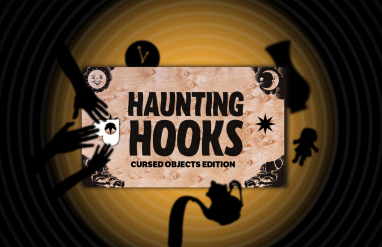What’s crackin? What’s the haps? What’s the skinny?
All three of these old slang terms basically mean “What’s up?” and can be used effectively to ask your kids what’s going on. Where these phrases originated is up for debate.
For instance, what’s crackin’ is believed to come from craic, an Irish word that means “fun and entertainment,” especially as it pertains to good conversation and company.
What’s the haps, on the other hand, appears to be an abbreviation of what’s happening. As for what’s the skinny, well, you may have US soldiers to thank for that one. It is believed that the skinny is old military slang for the naked truth.
While older kids may find these phrases dated (and your attempts at sounding funny or hip cringey), your younger kids are sure to laugh at a dad joke (or mom joke!) here and there. Disarming them with a bit of humor may lead to a conversation about something on their minds or something that they had not thought to share.
Beware: with a child who is too young, you may get a list of things that are indeed cracked or skinny instead of comments about their day.
If these old school phrases don’t work for you, try some of these other alternatives for “How are you?”




















